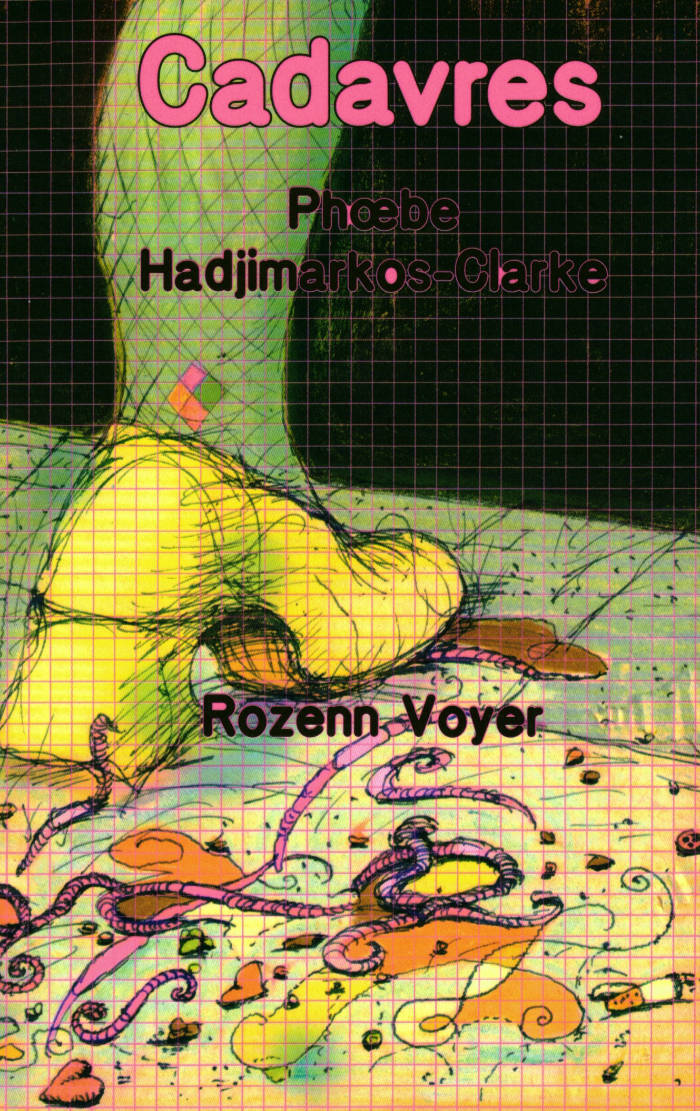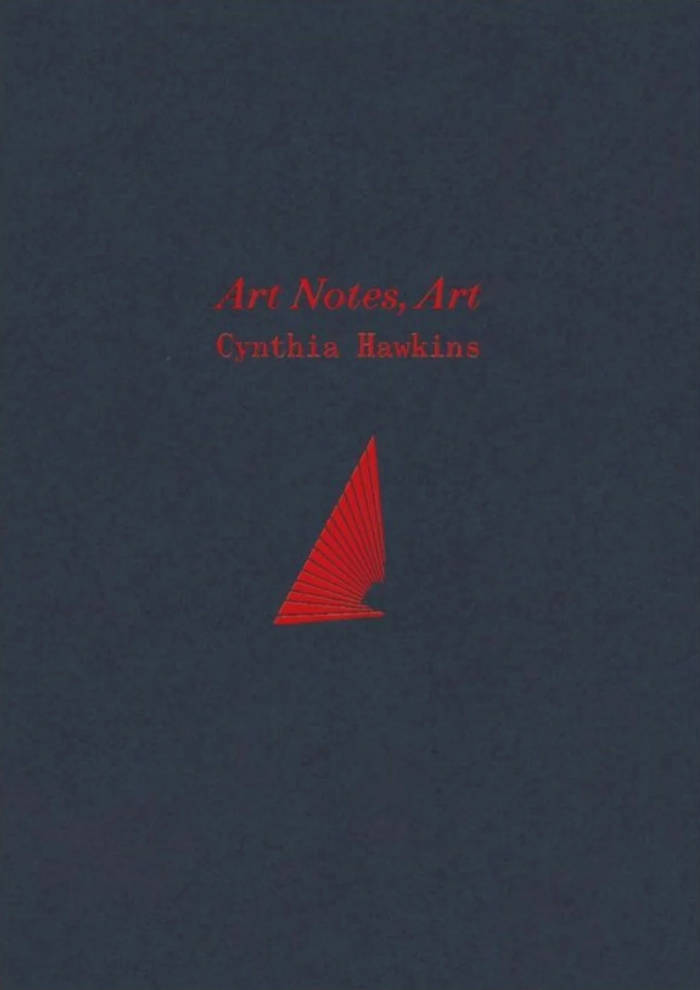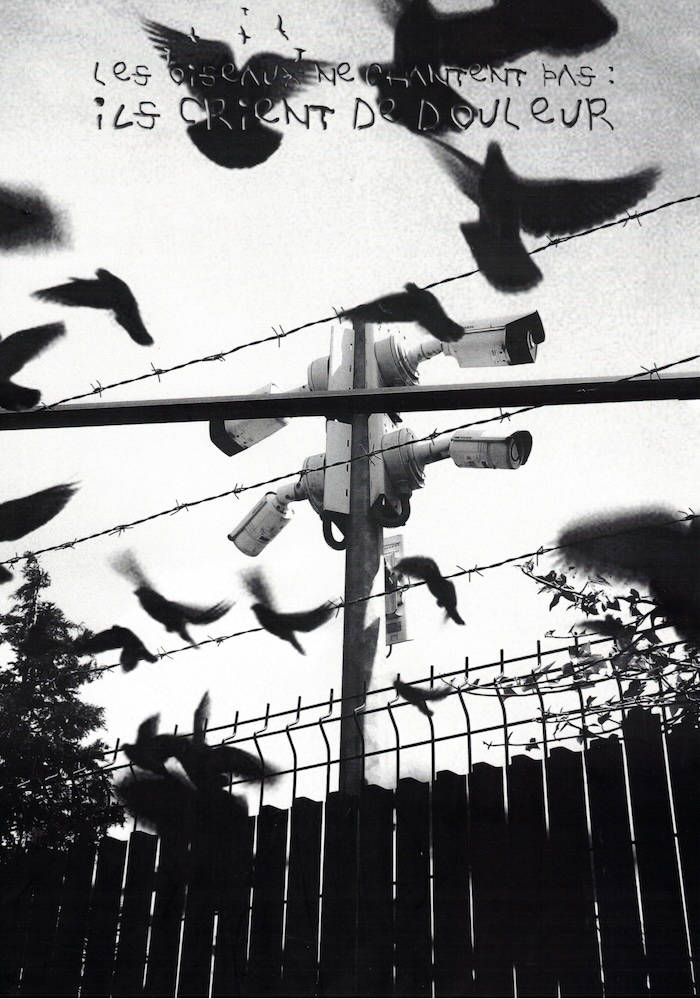
Hotel #5
Jon Auman ed., Thomas Chadwick ed., Dominic Jaeckle ed.
Established in 2016, Hotel is a magazine for new approaches to fiction, non fiction & poetry. Hotel features work from established & emerging talent.Hotel provides the space for experimental reflection on literature’s status as art & cultural mediator.
Language: English




